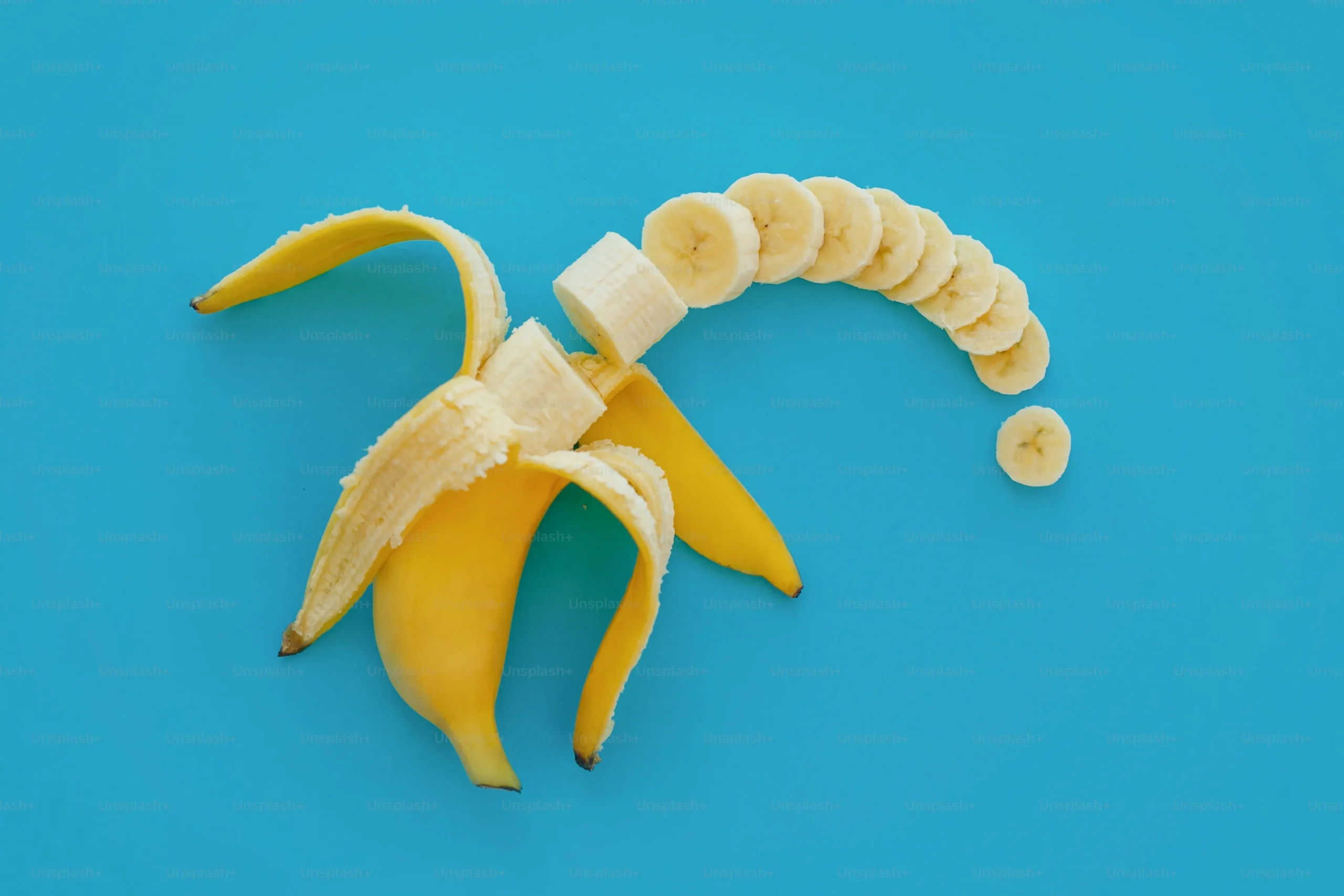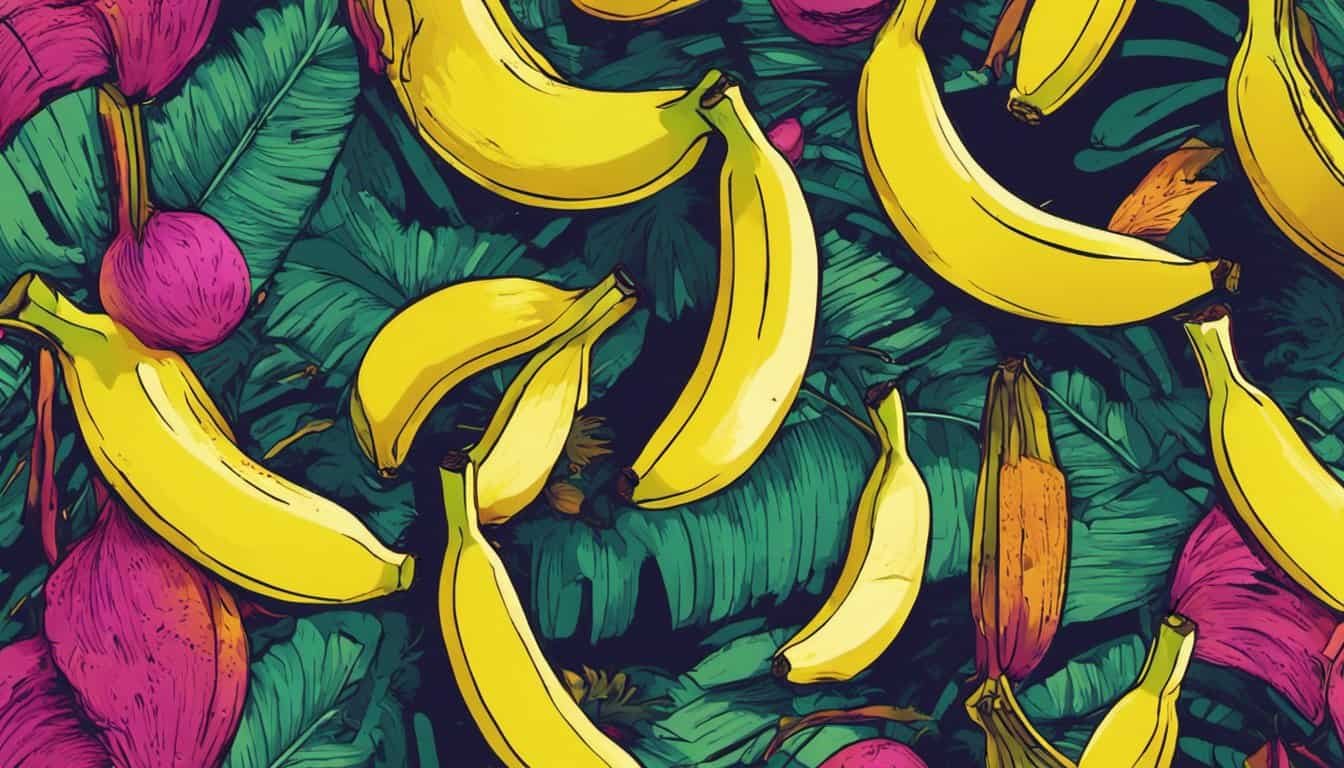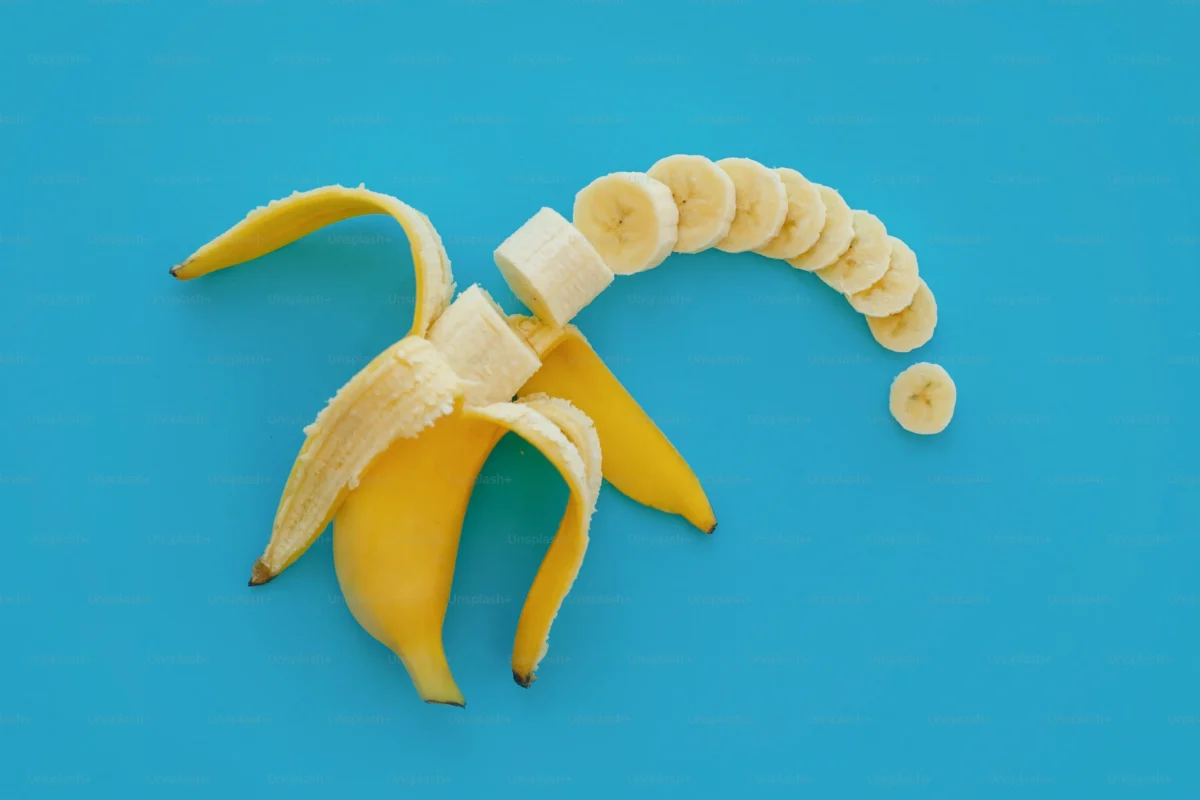If you’re a parent or caregiver, you know that feeding your baby the best possible food is a top priority. When it comes to introducing solids, bananas are often one of the first foods offered. But with so many types of bananas available, how do you choose the best one for your little one?

In this article, we’ll explore why bananas are a great food choice for babies and what to look for when choosing the best bananas for your baby. We’ll also delve into the different types of bananas and their benefits for babies, discuss how to prepare bananas for babies of different ages, and provide some tips for incorporating this nutritious fruit into your baby’s diet.
Whether you’re a seasoned parent or just starting out on your baby feeding journey, this article will provide valuable insights into choosing the best bananas for your little one. So keep reading to learn more!
Bananas are a great food choice for babies, and there are many reasons why. First and foremost, bananas are packed with nutrients that are essential for the healthy development of infants.

One of the key benefits of bananas is their high potassium content. Potassium helps to regulate blood pressure and promote strong bones, making it an important nutrient for growing babies. Bananas also contain vitamin C, which is crucial for building a strong immune system and protecting against infections.
But perhaps the biggest advantage of bananas as a baby food is their versatility. Bananas can be pureed or mashed into a smooth consistency that’s easy for little ones to eat, but they can also be cut into small pieces or sliced into rounds that babies can pick up and feed themselves.
In addition to being nutritious and easy to prepare, bananas are also relatively low in allergens compared to other fruits like strawberries or kiwis. This makes them a safe choice for infants who may be prone to allergies or sensitivities.
Overall, there’s no doubt that bananas make an excellent food choice for babies. Whether you’re looking for a quick snack on-the-go or an ingredient in homemade baby food recipes, this versatile fruit has everything you need to keep your little one healthy and happy.
What to look for when choosing the best bananas for babies?
When it comes to choosing the best bananas for babies, there are several factors to consider. First and foremost, the ripeness of the banana is crucial. A banana that is too green may be difficult for a baby to digest, while one that is too ripe may contain too much sugar.
It’s also important to choose organic bananas whenever possible, as conventionally grown bananas can be heavily sprayed with pesticides and other chemicals.
Another consideration is the texture of the banana. While some babies may prefer mashed or pureed bananas, others may enjoy small pieces they can pick up and eat on their own.
Finally, it’s worth noting that bananas are a great source of potassium and other vital nutrients for growing babies. By selecting high-quality bananas and introducing them into your baby’s diet in an appropriate way, you can help support their healthy growth and development.
Different types of bananas and their benefits for babies?
When it comes to introducing bananas to your baby’s diet, there are a variety of options to consider. Each type of banana offers unique benefits that can aid in your baby’s development and overall health.

One popular option is the Cavendish banana, known for its sweet taste and soft texture. This type of banana is easy for babies to digest and provides a good source of potassium, vitamin C, and dietary fiber. However, it’s important to note that some babies may have an allergic reaction to this variety.
Another option is the Lady Finger banana, also known as the sugar banana or fingerling. This smaller-sized banana has a slightly firmer texture than the Cavendish but still offers a sweet flavor. Additionally, Lady Finger bananas are high in vitamin B6 which aids in brain development and can help regulate mood.
For babies with digestive issues or allergies, plantains may be a better option. These starchy fruits have less sugar than traditional bananas but are still rich in vitamins A and C as well as dietary fiber.
Ultimately, it’s important to consult with your pediatrician before introducing any new foods into your baby’s diet. However incorporating different types of bananas into their meals can offer various nutritional benefits aiding their growth and development while providing them with exciting flavors they will love!
How do you prepare bananas for babies of different ages?
When it comes to introducing bananas to babies, it’s important to consider their age and stage of development. While bananas are a great first food for infants due to their soft texture and mild flavor, there are different ways to prepare them depending on your baby’s age.
For babies who are just starting solids (around 6 months), mashed or pureed bananas make a great option. Simply peel the banana and mash it with a fork or blend it in a food processor until smooth. You can also mix in breast milk or formula for added nutrition.

« Exploring the Science Behind Why Bananas Turn Black: A Guide to Ripeness
best banana on the world »
As babies get older and develop more advanced chewing skills (around 8-10 months), you can offer small pieces of banana that they can pick up and self-feed. Slice the banana into thin, bite-sized pieces that are easy for your little one to handle.
For toddlers who have mastered chewing and swallowing, sliced or chopped bananas make an excellent snack or addition to meals. You can even freeze sliced bananas for a fun and refreshing treat on hot days.
It’s important to remember that while bananas are generally safe for babies, some may be allergic. If you’re introducing bananas for the first time, start with small amounts and watch closely for any signs of an allergic reaction such as hives or difficulty breathing.
By following these simple tips, you can ensure that your baby is getting the best possible nutrition from this delicious fruit at every stage of development.
Tips for incorporating bananas into your baby’s diet
Bananas are a great source of nutrition for babies, but incorporating them into their diet can be daunting for parents. Here are some tips to help you make the most out of this delicious fruit.
First and foremost, choose ripe bananas that are soft and easy to mash. This will make it easier for your baby to eat and digest. You can also cut them into small pieces or puree them with breast milk or formula to make it smoother.
Another way to incorporate bananas into your baby’s diet is by mixing it with other foods such as oatmeal or mashed sweet potatoes. This not only adds flavor but also boosts the nutritional value of the meal.
If your baby has trouble eating solid foods, try freezing mashed bananas in an ice cube tray and serving it as a cold treat. This can help soothe teething gums while introducing new flavors.
Lastly, always consult with your pediatrician before introducing new foods into your baby’s diet. They can provide guidance on portion sizes and any potential allergies.

In summary, incorporating bananas into your baby’s diet doesn’t have to be complicated. With these tips in mind, you can introduce this nutritious fruit in a way that is both tasty and beneficial for their growth and development.
Check out our other articles to find out even more about banana.
Bananas are a great food choice for babies and can provide many nutritional benefits. Whether you’re looking to introduce bananas into your baby’s diet, or want to know what type of banana to choose, there is plenty of information available. From understanding the different types of bananas and their benefits for babies, to knowing how best prepare them – the possibilities are endless! Check out our other articles to find out even more about banana, so you can make sure your baby gets all the nutrients they need from this delicious fruit.













